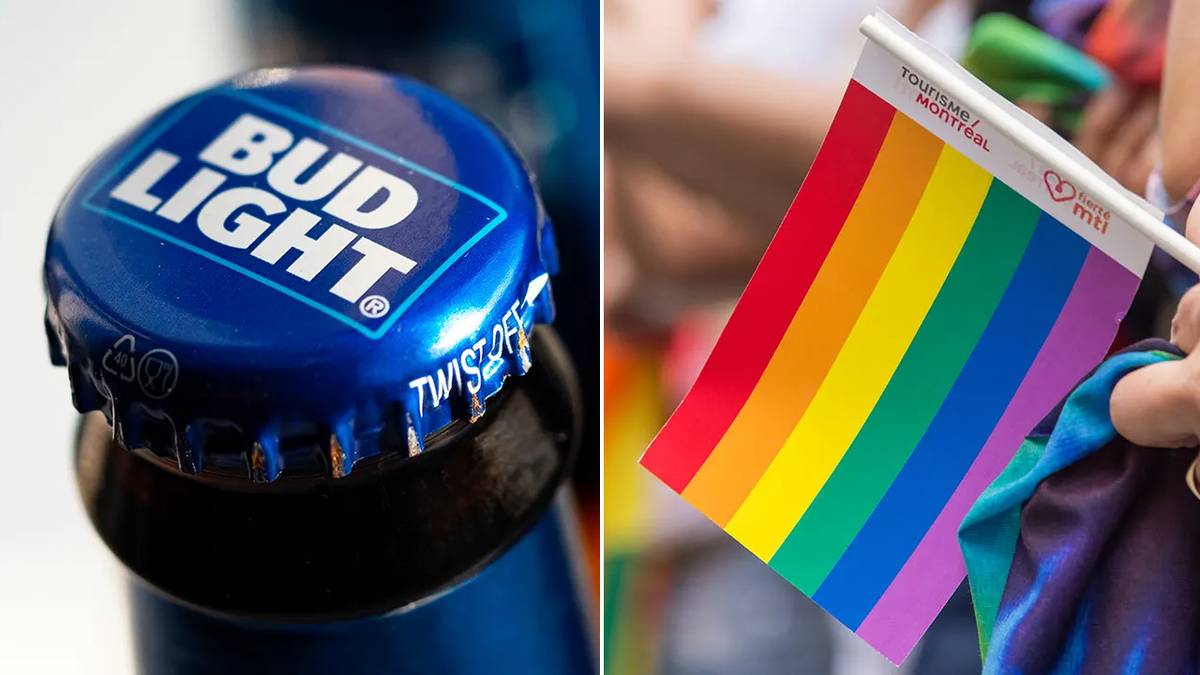A recent New York Times piece challenges the prevailing narrative surrounding "woke capitalism," arguing that both the left and right overestimate its influence. The article uses the ongoing Bud Light controversy as a prime example, suggesting that while the brand has undoubtedly suffered financial consequences, the impact of both liberal advocacy and conservative boycotts is often overblown.
The author contends that companies prioritize profits above all else. While they may engage in marketing campaigns that appear to align with specific political or social viewpoints, their primary motivation is to expand their market reach and appeal to diverse consumer groups. The LGBTQ+ market, for instance, represents a significant consumer base, making Pride-themed campaigns financially appealing rather than purely ideological.

The piece highlights the resilience of companies like Spotify and Nike, which weathered controversies and backlash related to Joe Rogan and Colin Kaepernick, respectively. These examples suggest that consumer behavior is often driven more by product availability and quality than by a company's political stance. Even in the case of Bud Light, while sales have declined, the company remains committed to supporting LGBTQ+ businesses, indicating a calculated business decision rather than a genuine ideological commitment.

The author concludes by cautioning against viewing corporations as allies in political or cultural battles. Ultimately, their primary objective is profit maximization, and consumers should be wary of ascribing too much significance to corporate messaging or perceived political alignments. The "woke capitalism" debate, the article suggests, may be more of a distraction than a genuine reflection of corporate values.
Comments(0)
Top Comments